2019 Conference Agenda and Program 2019 Conference Video – Panels 1 through 5 IMPLEMENTING THE UN DECLARATION ON THE RIGHTS OF INDIGENOUS PEOPLES IN THE UNITED STATESMARCH 15-16, 2019 Panel 1 Current Challenges in Federal Indian Law & the Promise
UBC Hosts Seminar on Implementing the Right to Repatriation under the Declaration
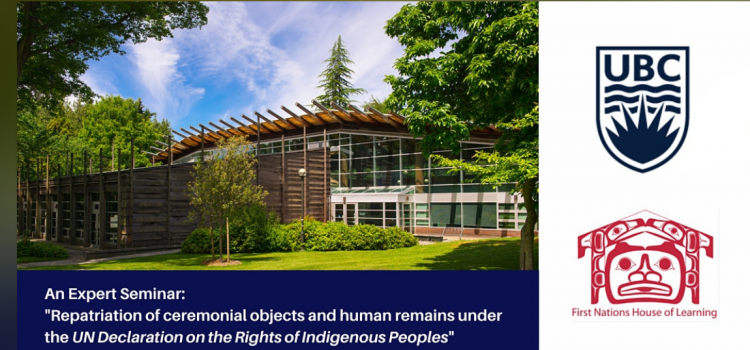
The United Nations Expert Mechanism on the Rights of Indigenous Peoples (EMRIP), held a meeting at the First Nations House of Learning and the Museum of Anthropology at UBC Vancouver. The meeting was organized by Dr. Sheryl Lightfoot, Canada Research
Pit River Tribe Implementation of the UN Declaration
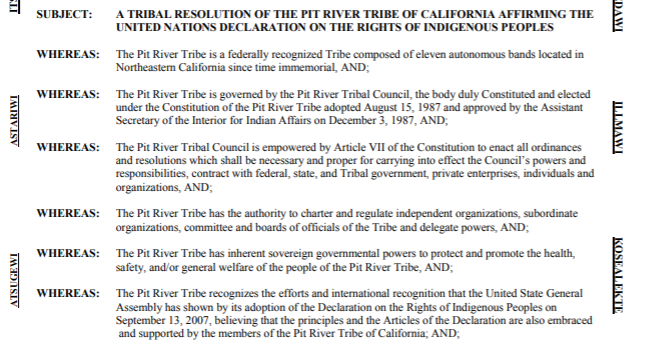
A TRIBAL RESOLUTION OF THE PIT RIVER TRIBE OF CALIFORNIA AFFIRMING THE UNITED NATIONS DECLARATION ON THE RIGHTS OF INDIGENOUS PEOPLES
Handbook for ILO Tripartite Consituents: Understanding the Indigenous and Tribal Peoples Convention, 1989 (No. 169)

From the 2013 handbook: This handbook aims to answer some of the essential questions of [International Labour Organization] ILO constituents regarding the Indigenous and Tribal Peoples Convention, 1989 (No. 169). It has been elaborated in close cooperation with the Bureau
ILO Convention on Indigenous and Tribal Peoples: A Manual
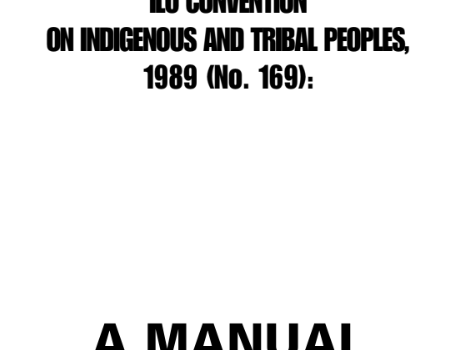
From the manual: This is an easy-to-use manual to ILO Convention No. 169. It helps to understand the Convention, and how it can be used to gain recognition, promotion and protection of indigenous and tribal peoples’ rights. The manual does
Guidelines on Free, Prior and Informed Consent (UN-REDD)
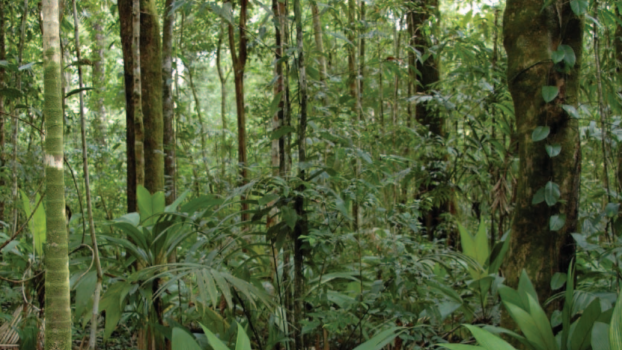
From the guidelines: The UN-REDD Programme is the United Nations collaborative initiative on Reducing Emissions from Deforestation and forest Degradation (REDD+) in developing countries. The aim of this document is to outline a normative, policy and operational framework for UN-REDD
Manual for Project Managers: Free Prior and Informed Consent (Food and Agricultural Organization, UN)
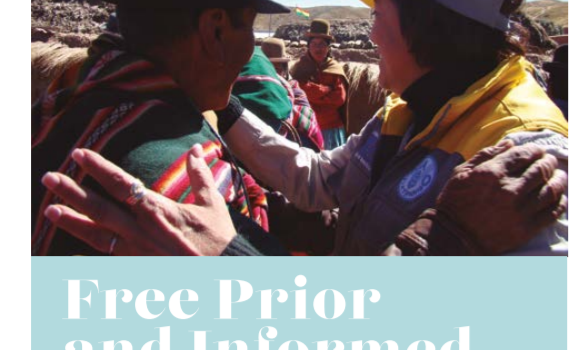
From the manual: “This Free, Prior and Informed Consent (FPIC) Manual is designed as a tool for project practitioners (herein referred as project managers) for a broad range of projects and programmes (hereinafter to be referred to as projects) of
A Manual for National Human Rights Institutions
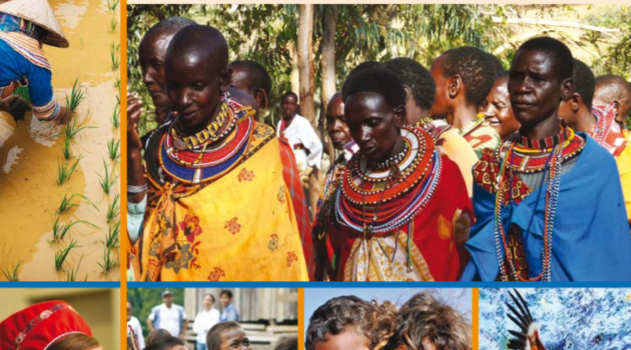
From the Manual: This Manual aims to support and strengthen the work of national human rights institutions (NHRIs) – whether they are human rights commissions or ombudsman offices – in the promotion, protection and enjoyment of the rights of indigenous
Training Module for Government Agencies. Facilitator’s Handbook
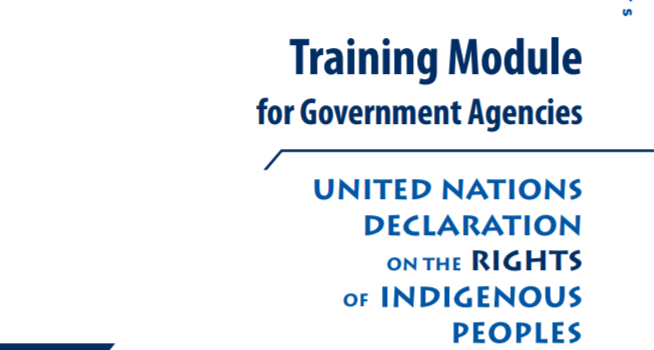
From the Training Module: … the Training Module seeks to achieve two major immediate objectives: To provide relevant policy information to training participants on indigenous peoples’ rights and issues as contained in UNDRIP, in particular the effective engagement of indigenous
Implementing the UN Declaration on the Rights of Indigenous Peoples. Handbook for Parliamentarians N° 23
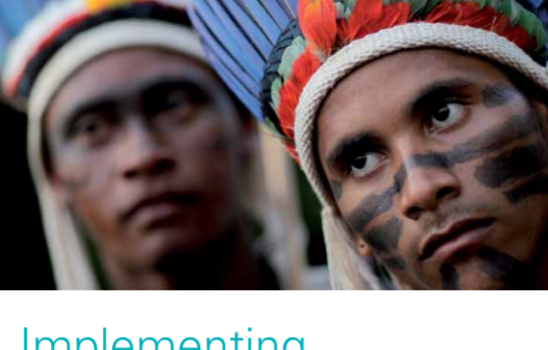
From the Handbook: Parliaments play a central role in enacting legislation that recognizes indigenous peoples’ rights and adopting budgetary measures to implement those rights, both of which are critical enablers to drive the implementation of the UN Declaration at the
